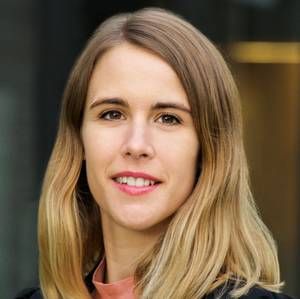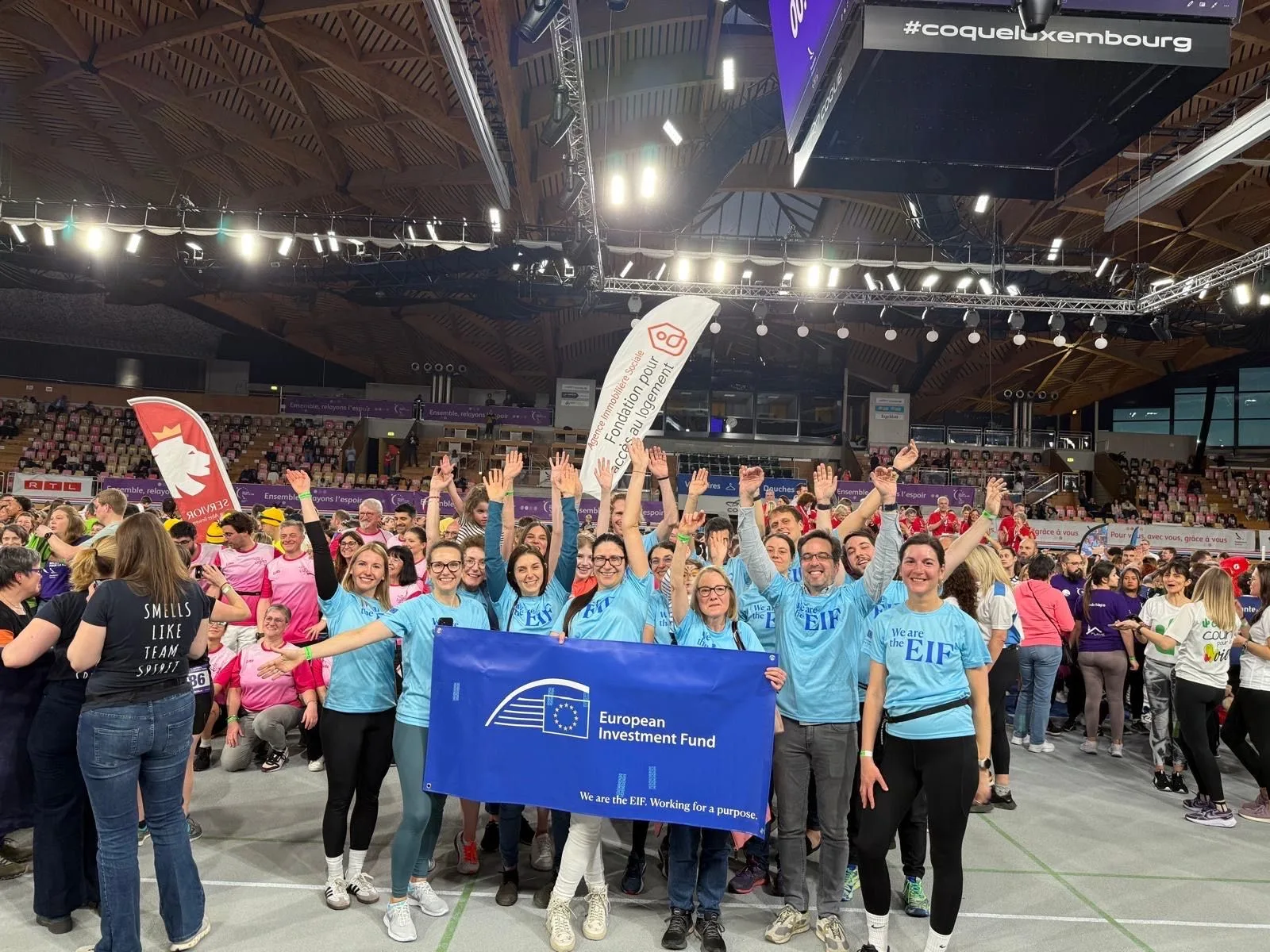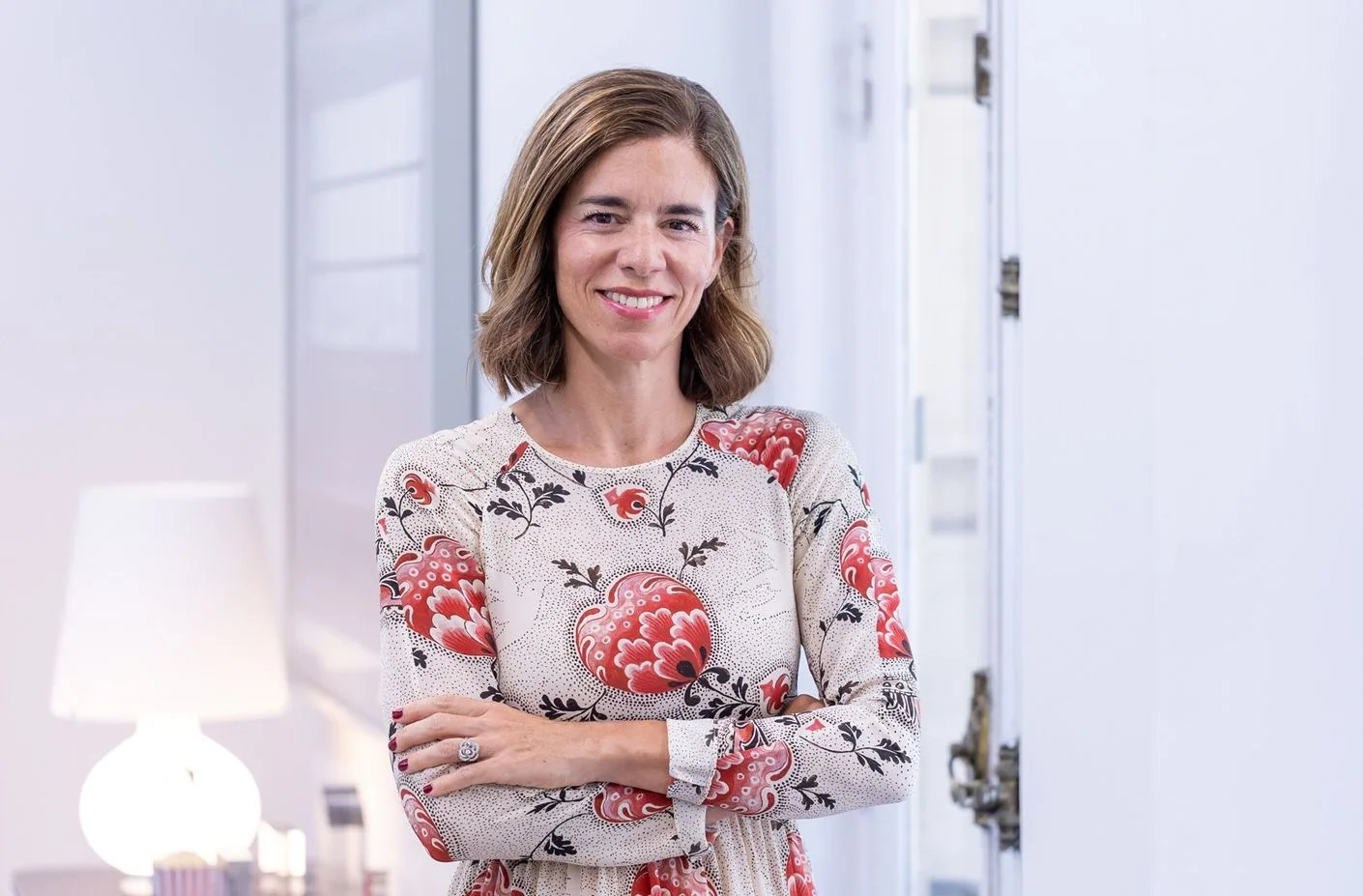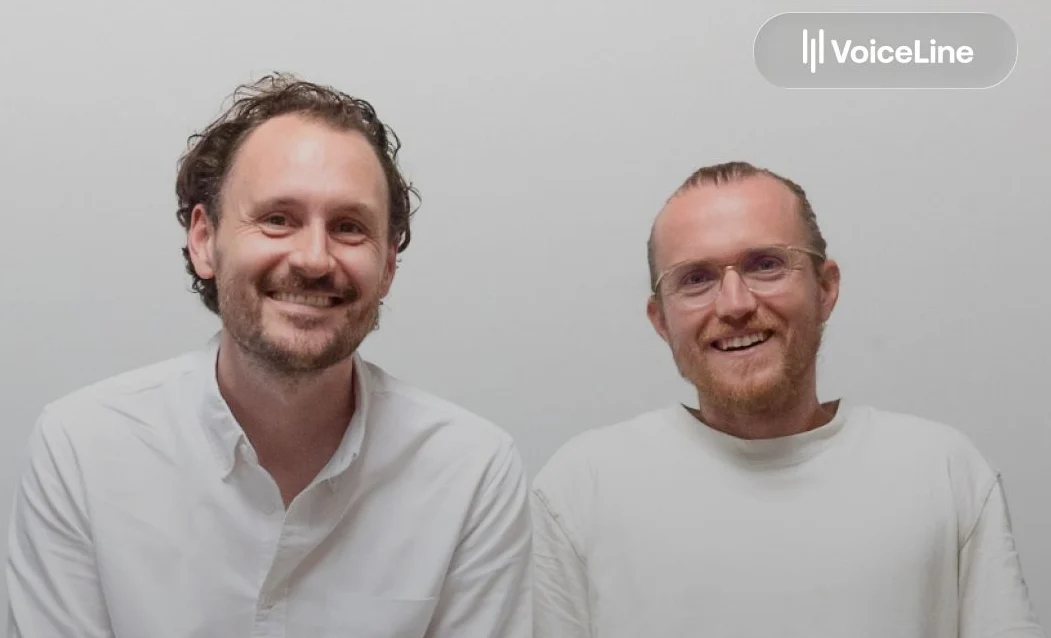Grow F helps female-led ventures to become investment-ready, it’s one of Europe’s highest-ranked accelerators for female founders. Their program unites everything a startup team needs to reach set goals: deep-dive sessions with industry-leading experts, individual support from experienced mentors and access to Europe’s most successful early-stage investors. Moreover, participating teams get access to Europe’s fastest-growing community for female entrepreneurial minds that shape the world of tomorrow.
Accelerator Strategy Overview
STARTUPS ELIGIBLE FOR ACCELERATION PROGRAM
Geography: Europe
Preferred industries: Industry-Agnostic
Company stage: Early-stage companies with diverse teams with at least one female founding member, an existing MVP (ideally first traction) that are looking into raising money.
Product stage: MVP/beta
Product type: B2B, B2C, B2B2C, B2D, B2G,
Revenues: Not necessarily, but it’s perceived as an added value
PROGRAM DETAILS
Duration: 3 months
Participation fee: No
Equity Investment: No, success fee applicable in case of successful fundraising (capped)
Grant: No
No of batches per year: 2 Batches per year (Spring/Summer + Autumn/Winter), they collect applications usually in January for the Spring/Summer batch and in July for Autumn/Winter
No of startups in a cohort: 10
Q&A with Carina Klaffl, Head of Grow F
What are the 5 most important things you look for in a startup applying to your program?
The first thing we focus on is having at least one female founder in the founding team. In the European ecosystem female-led companies are still overlooked, we see only a low one-digit percentage of the venture capital money going into all female-led ventures and similarly dissatisfying percentage going into gender-mixed teams. Our vision is an equal future through equal opportunities in tech and innovation.
Next to our focus on gender diversity, we want to see a founding team with a complementary skill set that is needed for the respective business model. The team should be eager to learn and be able to adapt quickly.
In our program, we support startups with innovative solutions and scalable business models that have the mission to scale their companies fast. We search for teams with a clear USP and a good understanding of their market.
Another thing we are hoping to see is that the product or service has a positive impact on the way we live and tackles the challenges our society and our environment face. Our definition of impact touches different aspects of a business - it can improve area of sustainability or health, but also increase productivity in the workspace.
The last thing we look for are companies that are eager to raise capital from business angels or venture capital investors. For a first-time founder, it can be difficult to raise the first bigger angel or VC round – we are here to support startups in debunking the fundraising process.
What startups should take into account before applying to your acceleration program?
We expect a full commitment to the program, which means that there must be a lead participant (female founder) from the startup joining the program. Our female founders should be respectful by giving other team members the possibility to express their opinion and listening to them consciously, fully present in the sessions with the mentors and open to feedback. The Female Founders community is a safe place for entrepreneurs to share concerns, fears, or challenges and we take this very seriously.
Can you share some of the red flags that can disqualify a startup from joining your accelerator?
There are two things that come to my mind immediately. The first one is having a product and business model that is not scalable and thus not a VC case - that disqualifies startups right away.
Secondly, founding teams that have a cap table that is off already at an early stage cause our concerns. It’s not something we see often, but when we do, that is a red flag in case the team is not willing to change it.
What are the most valuable skills that selected startups can develop thanks to your program?
Firstly, it’s understanding the fundraising process and thus being able to take the driver seat which is crucial when raising capital.
It’s not a skill, but always something that alumni feedback to us: Founders going through our program are becoming more confident, which allows them to become better leaders. Next to the focus on fundraising, we really work also on personal development.
Moreover, they build a valuable network of other female founders, mentors, experts and investors.
How does your accelerator support portfolio companies during and after the program?
During the program founders have interactive sessions with experts. Also we match participating teams with one mentor from our network based on the biggest challenge that they are currently facing and then arrange individual sessions. At the end of the program, founders have the possibility to pitch in front of hundreds of angel and VC investors from all over Europe.
After finishing our program, participants became, of course, a part of our community. There are several ways of how our portfolio companies are supported - we host regular events only for our alumni, offer 1:1 support, make them visible among our community members, provide them special partnership perks and share their job openings with a wide relevant audience.
What are the best-performing companies in your portfolio?
We have many amazing female-led companies in our portfolio and it’s hard to just pick a few. Some companies that have seen impressive traction recently are Audvice unlocking the power of voice messages for companies to share information more effectively. Audvice has just recently raised the seed round led by Cusp Capital and co-investors Capital T and the founders of the EdTech Unicorn GoStudent.
Another alumni that have just raised their seed round from a renowned fund (HTGF) is Finmarie - the first online investment solution made by women for women in Europe.
Moreover, I would also like to mention Renoon - the smartest tool for conscious fashion shoppers. Recently they have raised from San Francisco-based 500 Global, Spotiangels and other business angels.
What key lessons have you learned from projects that didn’t work out the way you expected?
First of all, I would like to point out that no matter if a project is successful or not, the learnings drawn from it are incredibly valuable. One goal that we are having with our program is making female entrepreneurship more visible so that more females get inspired to kick off this journey of starting their company.
With that being said, we do see clear patterns between successful and less successful companies. Founders that are eager to learn, take on feedback and are able to adapt to changing market requirements have a greater chance of succeeding.
Why, in your opinion, accelerators are becoming more popular nowadays?
Over the last years, starting your own company has not only become popular but is a real alternative to more traditional career paths. Startups, scaleups and other tech companies are already very important players in our economy and that is only the beginning. That is also reflected in the incredible rise of venture capital money being spent on European founders over the last years.
With more first-time founders it’s only natural that more accelerator programs are being launched. A good program can really accelerate the success of a start-up. But same as we are telling our founders to do their Due Diligence on investors, we would recommend doing the same with accelerator programs.
What are the hottest markets you currently look at as an accelerator and where do you see the biggest hype?
As mentioned in my last answer, we do see a major interest in the European market also from international funds and investors. So, I believe it’s a good time to currently act and operate in the European market as there are many opportunities out there.
Female founders often start companies in areas where they can have a real impact and tackle the challenges of our society. Thus, we have seen many business models around Circular economy, ClimateTech, Mental Health and FemTech.
Other areas where we recently started noticing interesting ventures are the Creator Economy and also the Metaverse.
Do you have any predictions about the key trends that will shape the European accelerator scene in the near future?
I see two main key trends: one is around diversity – not just gender diversity, but also around ethnicity. Technological solutions and innovative ideas need to be created by diverse groups of people in order to benefit the world’s diverse population. And we see the first good steps going in the right direction, but there is still a long way to go.
The other main trend concerns the fact that ROI is no longer the only investment decision, as impact investments become more important.
Related Posts:
Scaleup Accelerator Of The Month - Seedstars (by Magdalena Balcerzak, Manager, Vestbee)
Scaleup Accelerator Of The Month - MIT Enterprise Forum CEE (by Magdalena Balcerzak, Manager, Vestbee)
Startup Accelerator Of The Month - Entrepreneur First (by Magdalena Balcerzak, Manager, Vestbee)







